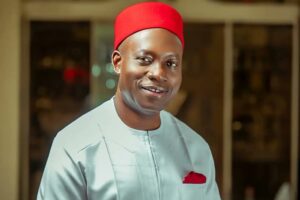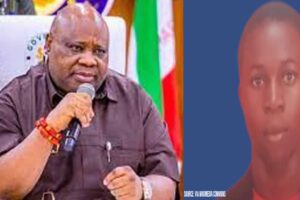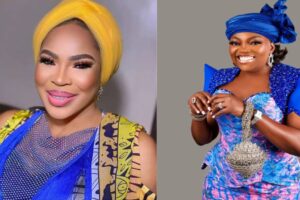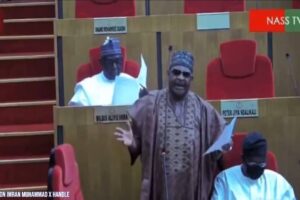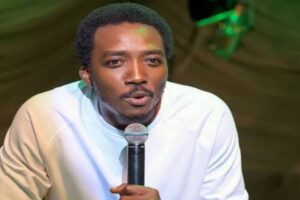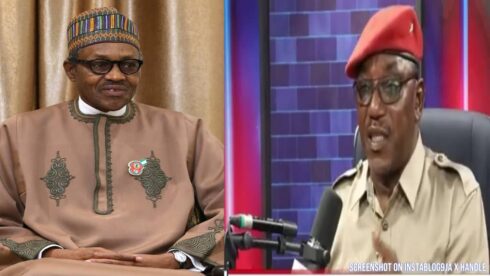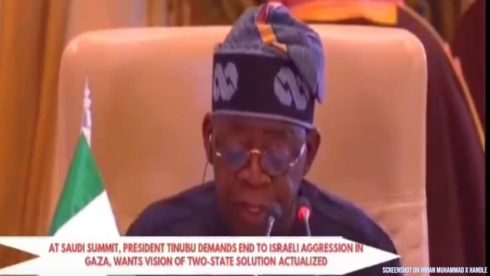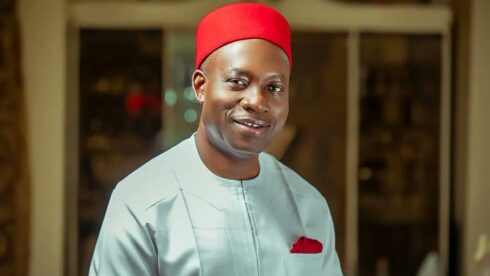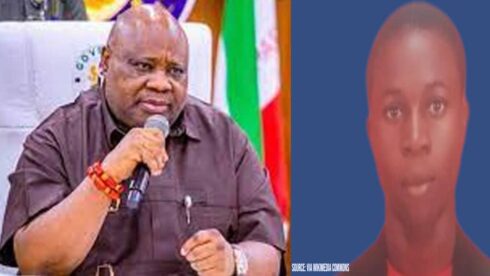Solomon Dalung, former Minister of Youth and Sports Development, admitted that Nigerians were misled during the administration of former President Muhammadu Buhari. Solomon Dalung, a vocal figure in Nigerian politics, stated that the promises made by Buhari’s government were largely unfulfilled. Speaking candidly, he claimed that Nigerians were fed false hopes about Buhari’s ability to transform the country.
According to Solomon Dalung, the Buhari presidency was characterized by unfulfilled expectations, which left many Nigerians disillusioned. He highlighted the disconnect between Buhari’s campaign rhetoric and the reality of governance, attributing much of the administration’s failures to manipulative political elites. Solomon Dalung’s comments have sparked intense debates about the transparency and authenticity of Nigeria’s political processes.
“Buhari Was Used and Dumped,” Says Solomon Dalung
Solomon Dalung alleged that Buhari, despite his integrity and popularity, was a mere pawn in the hands of Nigeria’s political elite. He argued that Buhari’s image as a disciplined leader was exploited to gain power, but once in office, he was sidelined. “Buhari’s charisma was weaponized to win public trust, but those who rode on his back to power abandoned him,” Solomon Dalung said.
He further explained that Buhari became increasingly isolated as his administration progressed, with key decisions being taken by a cabal. This, according to Solomon Dalung, prevented Buhari from fully implementing his vision for the country. The former minister’s revelations shed light on the inner workings of the government and the influence of unseen forces in Nigerian politics.
“Buhari’s Charisma Used to Unseat Jonathan”
Solomon Dalung argued that Buhari’s popularity was instrumental in the political elite’s plan to remove former President Goodluck Jonathan from office. He claimed that Buhari’s reputation for discipline and anti-corruption resonated with Nigerians, making him the perfect candidate to lead the opposition’s charge. “Buhari was marketed as the antidote to corruption and insecurity, but it was all part of a grand deception,” Solomon Dalung asserted.
The former minister maintained that once Jonathan was defeated, Buhari’s role became secondary, as the political elite focused on consolidating power. Solomon Dalung’s remarks have reignited discussions about the ethical implications of political propaganda and the exploitation of public figures for partisan gains.
Buhari Was “A Stranger in His Own Government”
One of Solomon Dalung’s most damning statements was that Buhari was a “stranger in his own government.” He revealed that many key appointments were made without Buhari’s input, leaving him disconnected from critical aspects of governance. “The presidency was hijacked by individuals who had their own agenda, sidelining Buhari in the process,” Dalung remarked.
This situation, Solomon Dalung argued, rendered Buhari powerless in addressing pressing national issues. The lack of cohesion and trust within the administration ultimately undermined its effectiveness, he said. These revelations paint a picture of a government plagued by internal conflicts and competing interests.
Solomon Dalung Calls for Accountability in Nigerian Politics
In his comments, Solomon Dalung called for greater accountability and transparency in Nigerian politics. He criticized the culture of deception and manipulation, which he believes has eroded public trust in governance. “We need leaders who are honest and committed to the people, not puppets controlled by a few individuals,” Dalung emphasized.
He urged Nigerians to scrutinize political candidates and demand evidence of genuine intentions rather than relying on mere rhetoric. Dalung’s call for reform resonates with growing demands for political accountability in the country, especially as Nigerians prepare for future elections.
Nigerians React to Dalung’s Explosive Remarks
Dalung’s revelations have triggered widespread reactions across the country, with many Nigerians expressing shock and dismay. On social media, citizens criticized the political elite for allegedly manipulating the democratic process for selfish gains. Some, however, questioned Dalung’s motives, accusing him of speaking out only after leaving office.
Political analysts believe that Dalung’s statements could influence the political landscape, as they provide insights into the challenges of governance in Nigeria. As the nation continues to grapple with issues of leadership and accountability, Dalung’s remarks add to the growing demand for a new approach to governance.
Table of Contents
Discover more from OGM News NG
Subscribe to get the latest posts sent to your email.



